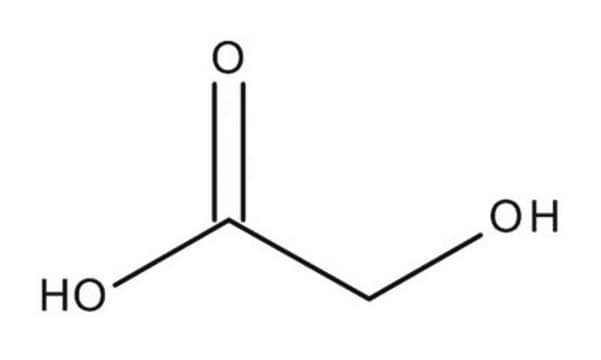8.09691
m-Cresol
for synthesis
Synonym(s):
m-Cresol, 3-Hydroxytoluol, 3-Methylphenol
About This Item
Recommended Products
vapor pressure
0.065 hPa ( 20 °C)
Quality Level
assay
≥99.0% (GC)
form
liquid
autoignition temp.
626 °C
potency
242 mg/kg LD50, oral (Rat)
expl. lim.
1.06 % (v/v)
pH
5 (20 °C, 20 g/L in H2O)
bp
203 °C/1013 hPa
mp
11.5 °C
Looking for similar products? Visit Product Comparison Guide
1 of 4
This Item | W353000 | C85727 | 1395204 |
|---|---|---|---|
| mp 11.5 °C | mp 8-10 °C (lit.) | mp 8-10 °C (lit.) | mp 8-10 °C (lit.) |
| density 1.03 g/cm3 at 20 °C | density 1.034 g/mL at 25 °C (lit.) | density 1.034 g/mL at 25 °C (lit.) | density 1.034 g/mL at 25 °C (lit.) |
| bp 203 °C/1013 hPa | bp 203 °C (lit.) | bp 203 °C (lit.) | bp 203 °C (lit.) |
| vapor pressure 0.065 hPa ( 20 °C) | vapor pressure <1 mmHg ( 20 °C) | vapor pressure <1 mmHg ( 20 °C) | vapor pressure <1 mmHg ( 20 °C) |
| form liquid | form - | form liquid | form - |
Application
- Thymol via isopropylation reaction with 2-propanol in the presence of an acid catalyst.[1][2]
- Terpolymeric resin by an acid-catalyzed polycondensation reaction with hexamine and formaldehyde.[3]
- 4,7-Dimethylcoumarin via modified Pechmann condensation reaction with ethyl acetoacetate.[4]
Analysis Note
Density (d 20 °C/ 4 °C): 1.031 - 1.037
Identity (IR): passes test
Due to its specific melting range the product may be solid, liquid, a solidified melt or a supercooled melt.
Appearance: colorless to dark yellow/light brown. Material may darken with time.
signalword
Danger
hcodes
Hazard Classifications
Acute Tox. 3 Dermal - Acute Tox. 3 Oral - Aquatic Chronic 3 - Eye Dam. 1 - Skin Corr. 1B
Storage Class
6.1A - Combustible acute toxic Cat. 1 and 2 / very toxic hazardous materials
wgk_germany
WGK 2
flash_point_f
186.8 °F - closed cup
flash_point_c
86 °C - closed cup
Certificates of Analysis (COA)
Search for Certificates of Analysis (COA) by entering the products Lot/Batch Number. Lot and Batch Numbers can be found on a product’s label following the words ‘Lot’ or ‘Batch’.
Already Own This Product?
Find documentation for the products that you have recently purchased in the Document Library.
Customers Also Viewed
Protocols
Fmoc resin cleavage and deprotection are crucial steps for peptide synthesis, yielding the desired peptide after resin detachment.
Our team of scientists has experience in all areas of research including Life Science, Material Science, Chemical Synthesis, Chromatography, Analytical and many others.
Contact Technical Service










